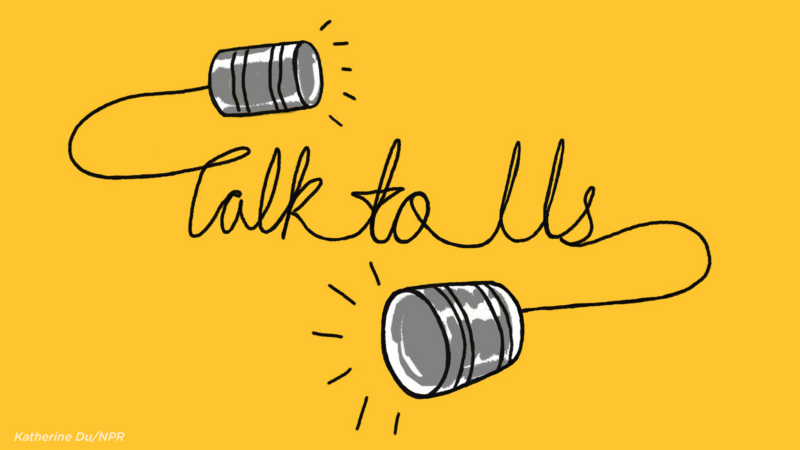Do you feel you can exercise your right to free speech? NPR wants to hear from you
In his recent address to Congress, President Trump declared that he had “stopped all government censorship and brought back free speech in America.” Days later, immigration agents arrested Mahmoud Khalil, a Palestinian Columbia University graduate student for his participation in campus protests against Israel’s war in Gaza.
We want to know who feels freer to speak in this moment, who feels they’re being forced into silence, and the extent to which the right to free speech, as protected by the U.S. Constitution, might be changing for different people, for better or worse.
Fill out the form below and an NPR journalist may reach out for an upcoming story.
Rideshare union rights, social media limits and other state laws taking effect Jan. 1
Every new year, public media reporters across the country bring us some of the new state laws taking effect where they are. Here are six in 2026.
Guides to help you tackle your New Year’s resolutions
From building your strength to tackling credit card debt, NPR's Life Kit has a newsletter journey to help you tackle your New Year's resolution.
Guides to help you tackle your New Year’s resolutions
From building your strength to tackling credit card debt, NPR's Life Kit has a newsletter journey to help you tackle your New Year's resolution.
Dozens presumed dead in fire at Swiss Alps bar during New Year’s celebration
Dozens of people are presumed dead and about 100 injured, most of them seriously, following a fire at a Swiss Alps bar during a New Year's celebration, police said Thursday.
Warren Buffett officially retires as Berkshire Hathway’s CEO
The legendary 95-year-old investor spent decades building his company into one of the world's largest and most powerful. Now Greg Abel is taking it over.
Crypto soared in 2025 — and then crashed. Now what?
For most of 2025, cryptocurrencies such as bitcoin surged as President Trump vowed to make the U.S. a crypto leader. But now, a severe sell-off has shaken the sector.






